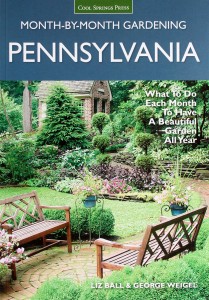Grub Alert
October 4th, 2011
Your lawn should be looking pretty good after all of the rain this year (one of the few positives from the incessant deluges). The one bugaboo that might get you, though, is beetle grubs. Take a good look at the lawn to make sure you don’t have patches that are noticeably thinner […]







